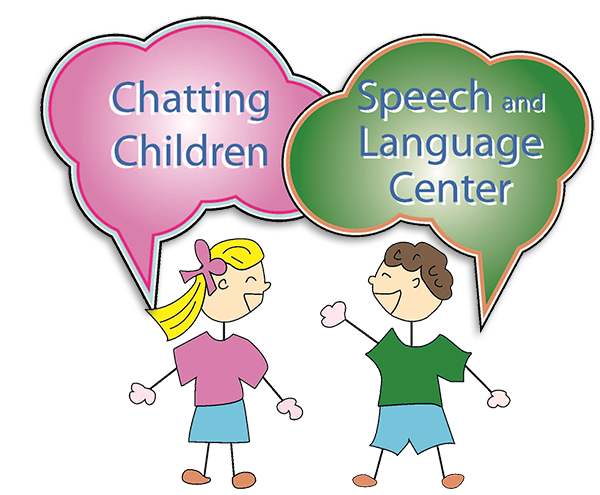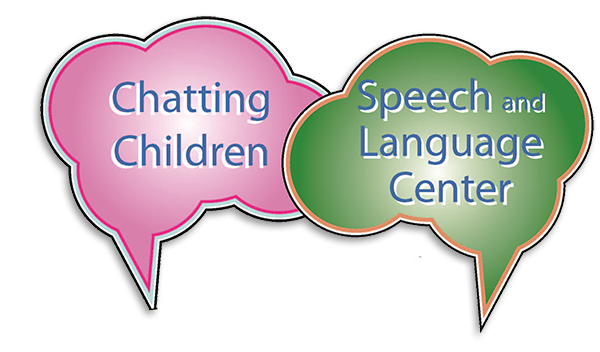Although this is a very personal decision, I am a huge proponent of collaboration. Collaboration between parents, educators, and the child’s therapist(s) can be the key to effective communication and academic success. Collaboration allows a child to learn in a variety of environments, while building trust and respect between the therapists, teachers and parents.
By informing your child’s teachers of their speech therapy needs, the teacher will be able to better educate your child. They will be able to adapt learning material when needed, follow through on carryover activities from therapy, and integrate speech and language goals into classroom activities, which can benefit other children as well. Many speech therapy techniques can be seamlessly integrated at home and at school so that your efforts build to a greater result.
Ask your child’s therapist to make a treatment plan which would include goals and objectives that can be easily integrated into the classroom setting. Have your child’s therapist communicate with the child’s teacher via email or a quick phone conference to help the teacher better understand the needs of your child. This will also allow the opportunity to train the teacher on certain techniques that have proven successful within therapy sessions. Meet with the teachers and therapist at a scheduled time to discuss the child’s progress.
Speech therapy collaboration can lead to a targeted and highly effective approach to speech therapy. Not only should you see better results with collaborative therapy, you will also see a rapport develop between parents, teachers and the therapist that will foster communication and coordinated efforts toward the common goal of improving a child’s speech.

